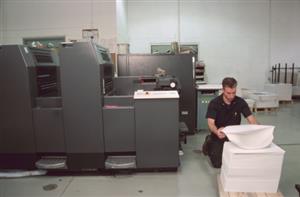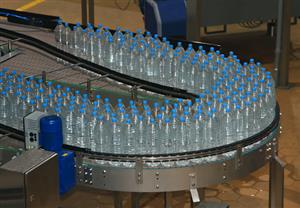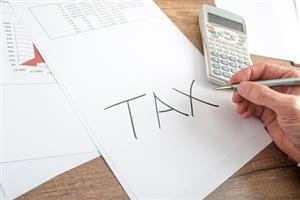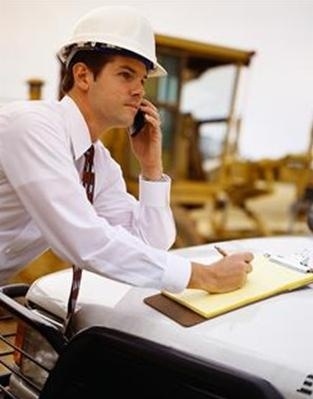
When you're running a business, there are a lot of financial decisions to make on a daily basis. When you need to get equipment, whether as a start up or an established company that's replacing existing equipment or expanding, one of those decisions is whether you are purchasing or leasing the equipment in question. How do you know if you're making a good deal? Here are some tips to consider.
Considering Leasing? Find Out How an Equipment Appraisal Can Help
Lease vs. Buy
First off, let's take a quick look at the advantages and disadvantages of each type of acquisition. When you lease equipment, you're paying to use it for a set period of time. There may be some restrictions in terms of how you can use the equipment, as the leasing company expects to get back a machine with a certain amount of equity at the end of the lease. A lease also prevents you from building equity in the asset as you pay it down, because you're only paying for the privilege of using it. But at the same time, you typically don't have to worry about breakdowns or heavy repair bills, because that's covered under the terms of your lease. The advantage of leasing is that you typically pay a lower price for equipment you may not want to keep in the future, which is very helpful if your business is expanding.
By comparison, buying equipment means that you're responsible for repairs not covered by the warranty, but you're purchasing the equipment. Every payment you make increases the amount of equity you have in that asset. At the end of the payment schedule, you can choose whether you're going to retain that piece of equipment and invest the payment money into another area of your business or if you're going to sell it and have some additional financial assets available for an upgrade or different investment. Your only restrictions on use may be legal limitations of negligence, or intentionally using the equipment in an unsafe manner. Though buying typically has a higher payment, you gain equity and increase your business' assets.
Where Equipment Appraisal Comes Into Play
But how can an equipment appraisal affect your decision? If you're getting ready to enter into a financial agreement of any kind, you'd want to know you're getting your money's worth. In the end, whether you buy or lease, you want to make sure you're paying a fair amount. That means that having an equipment appraisal performed protects your investment. If you're leasing a piece of equipment, a machine appraisal lets you know whether the lease payments are too high. If you're purchasing that same piece of equipment, the machinery valuation helps you negotiate a fair price for the equipment. You wouldn't pay $30,000 for a 2000 Geo Metro with 200,000 miles on it. but it's easier to know the value of a vehicle than it is machinery that has a much more limited market. Having a certified equipment appraiser provide you with a machinery valuation gives you the knowledge you need to negotiate a good price.
By taking a machine appraisal into account when you're acquiring equipment for your company, you can ensure that you're getting a fair deal whether you're buying or leasing.





